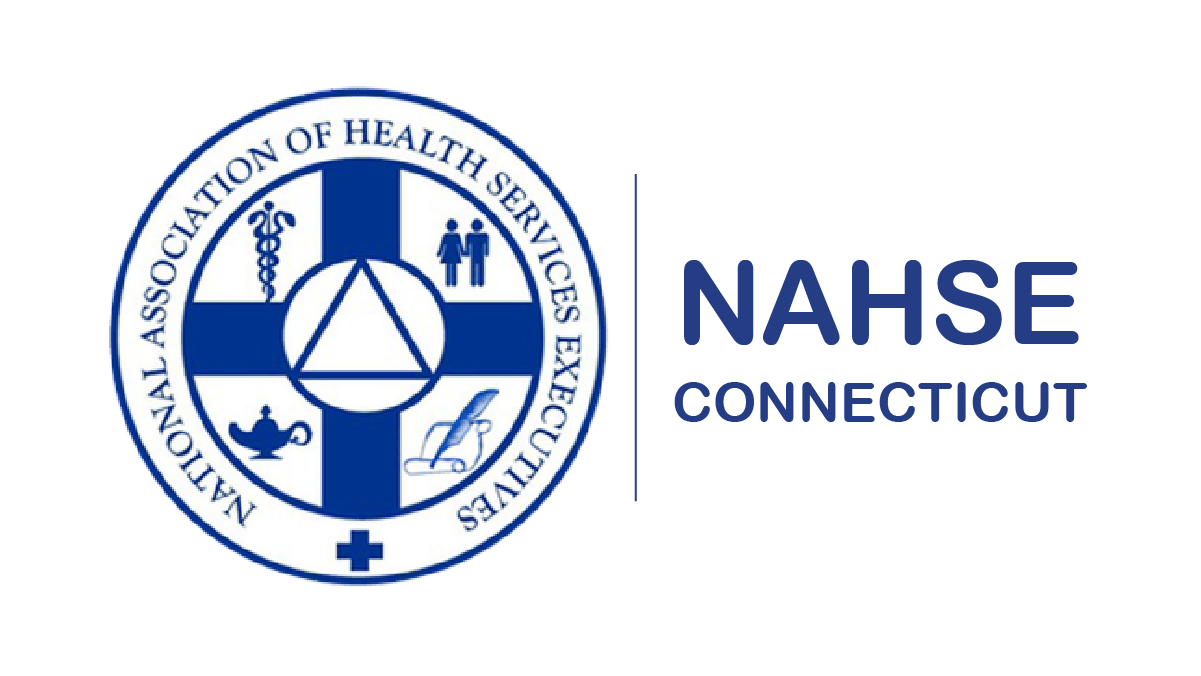AUGUST 2020: CIVIC ENGAGEMENT & ITS IMPACT ON HEALTH SERVICE DELIVERY
Jenny Mathew is a recent Master of Social Work (MSW) graduate from the University of Saint Joseph in West Hartford, CT. She is the Policy and Advocacy Outreach Specialist for Health Equity Solutions in Hartford CT and is currently working on a project to have every town/city in CT declare racism a public health crisis. Contact jmathew@hesct.org for more information.
CIVIC ENGAGEMENT & HEALTH EQUITY
I have always thought of voting and participating in the census as my civic duties as an American citizen. Only after I studied policy did I understand the true power that these actions hold. Civic engagement has a direct impact on the health service industry, specifically the availability of and access to health services.
Racial and economic health disparities are rampant in the United States. Although Connecticut is reportedly one of America’s healthiest states, people of color in Connecticut bear disproportionate burdens of death and disease. This reality is grounded in systemic racism, including voter disenfranchisement and undercounting.
Engaging in civic activity can improve our physical and mental health. Participating in the Census and voting allow us to change our environment, resources, and political landscape. For example, access to health resources and the circulation of health information at a local level are influenced by “civically and politically organized communities.” For those of us who are able, involvement in these duties can change policies related to economics, housing, education, and the environment.
As of August 19th, the city of Hartford had a 45.8% response rate to the Census, while the national average is 63.3%. During the 2018 elections, only 39.8% of eligible Hartford residents voted. Civic participation can promote health equity by ensuring our policymakers have accurate estimates of all populations and know that we will not be silent when it’s time to vote. Black residents across Connecticut are experiencing disproportionate rates of death due to COVID-19. Voting and the Census are opportunities to raise our voices and demand justice in our policies and programs.
Make a real difference by voting and responding to the decennial census. Visit 2020census.gov to participate in the census and voterregistration.ct.gov to register to vote. Remember, your voice matters!
References:
Arielle Becker, Health Disparities in Connecticut: Causes, Effects, and What We Can Do (Connecticut Health Foundation, 2020), 2
Anna Hing, The Right to Vote, the Right to Health: Voter Suppression as a determinant of Racial Health Disparities (Journal of Health Disparities Research and Practice, 2019), 49
Hing, The Right to Vote, the Right to Health: Voter Suppression as a determinant of Racial Health Disparities, 50
Jamila Michner, How Health Policies Affect Health Equity (Journal of Health Politics, Policy, and Law, 2017), 868
Nicholas Yagoda. Addressing Health Disparities Through Voter Engagement (Annals of Family Medicine, 2019), 460
US Census Bureau, “Response Rates,” 2020 Census, 2020, https://2020census.gov/en/response-rates.html.
Connecticut Secretary of State, “Public Reporting,” Public Reporting, 2018, https://ctemspublic.pcctg.net/.
CT Data Collaborative, “Connecticut COVID-19 Case Tracking,” Tableau Public, 2020, https://public.tableau.com/profile/connecticut.state.data.center.
THE FUTURE IS OURS: TAKING RESPONSIBILITY TO COUNT US IN!
August 27th, 2020
NAHSE CT connected with community organizations such as CT Early Childhood Alliance, Connecticut Public Health Association, Connecticut Voices for Children, Health Equity Solutions, and Bridgeport Generation Now to discuss how their work in the community is impacted by census response rate and participation in voting process.
Highlights (paraphrased):
Children are the most under-counted population. As families engage systems to catch up on vaccinations, take the opportunity to remind them to complete the census as well- M. Gay.
Connect with the Advocacy Committee on Public Health Issues that are important to you as they engage in the state legislation process through advocacy efforts. - R. Friedman.
It is critical to engage community based organizations (CBOs) in fiscal coalition to diversify voices at the table and to ensure that decision-makers have a robust perspective of matters affecting communities across the state. - J. Quaye-Hudson.
Beyond the vote, it is important to keep our public officers accountable. Workshops like Civics 101 which educates the public about the what the roles of public officials are, is important to establish expectations. - G. Davis.
A bottom-up approach to civic engagement is critical to empowering individuals in hard to count community to participate in the census. Training of community members who will canvas the neighborhood helps breakdown barriers of public mistrust about the process.- C. Heilmann.
The census is an important source of health disparities data. The census data will inform where federal funding is allocated and the needs of those who are under-counted may be masked by averages. When everyone is counted, we have the information we need to evaluate the impact of policies on equity.
Declaring racism a public health crisis offers a clear path to intentionally acknowledging and addressing disparities and inequities. It catalyzes and authorize data analysis and policy analysis to prevent injustices and course correct problematic systems. - S. Lew.

